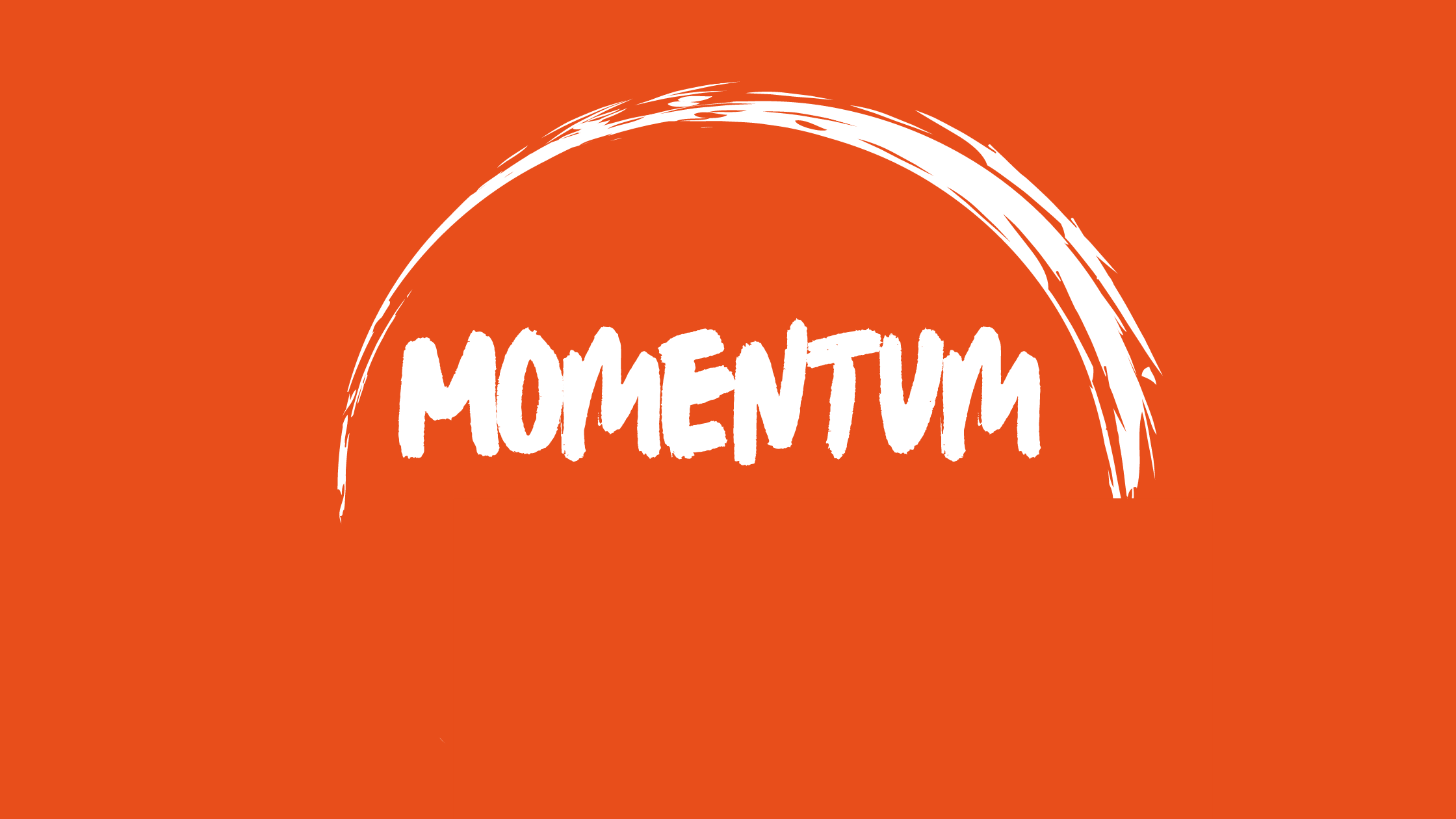


This discussion explores the importance of Early Childhood Development (ECD) and inclusive play for children with disabilities. We look at how those missing out on ECD are affected, and the challenges and successes of including children with disabilities in early years development programming. We hear from a range of experts and practitioners, as well as those delivering disability inclusive ECD projects in our partner countries in East and Southern Africa.
About this resource
Early Childhood Development (ECD), typically 0-5 years but occasionally up to the age of 8, is period of rapid brain development and a crucial stage of life. ECD is important to develop the skills needed for school. Many children with disabilities often miss out on support during these years, sometimes hidden away from their peers due to stigma and discrimination, which can have long-lasting consequences.
One aspect of supporting children with disabilities during this time is ensuring their impairments are properly assessed and identified so that they can start receiving much needed support from the start and can access pre-school, where they can socialise with peers, gain access to assistive devices and technology, and develop invaluable cognitive and motor skills as well as co-ordination. Some additional indirect benefits of ECD include awareness of hygiene, nutrition, sanitation and safety skills.
Children with disabilities are often not included in early childhood education (ECE, an element of ECD) as ECE centres are not inclusive. This means they miss out on key pre-primary education as well as other opportunities to develop skills such as motor skills and social skills. This can have lifelong implications as if they do not attend ECE then they are less likely to go on to primary & secondary school.
Inclusive Play is an important opportunity for children to start to develop skills and forms an important element of ECD. This is particularly important during the formative years for children with disabilities, as it is during this time that developmental differences can be detected. Play is also an easy entry point to start the process of inclusion because every child can play. Play is a vital part of the learning process, developing social skills, coordination and decision making.